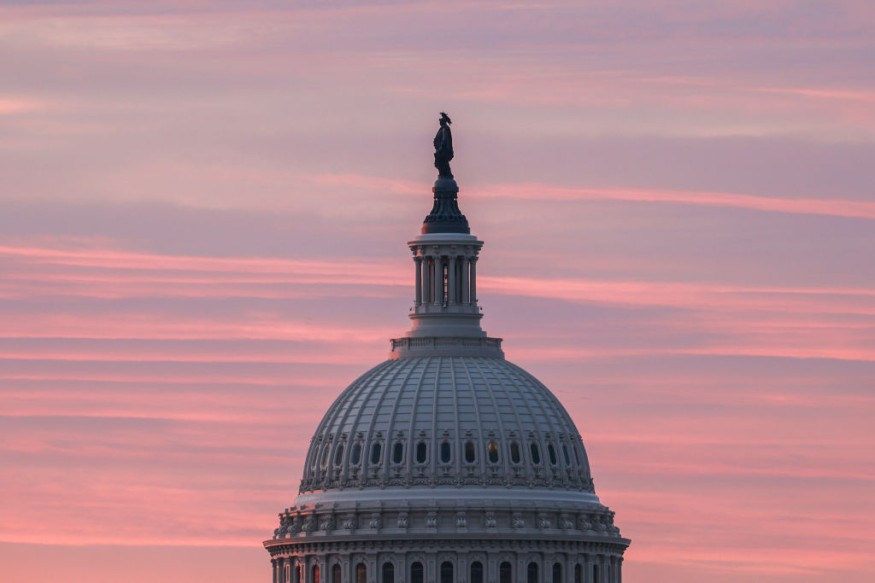Congress Overrides Trump's Veto for the First Time on Defense Bill

Congress has overturned President Donald Trump's veto of a defense policy bill on Friday. It was the first time that lawmakers rejected Trump's veto in his almost four years of presidency, according to an Associated Press report.
The Republican-led Senate has easily turned around the veto in a New Year's Day session, setting aside Trump's objection to the $740 billion bill. To secure the two-thirds majority needed to override the veto, senators voted 81-13.
Trump then turned to Twitter to criticize the lawmakers' call on the measure, saying that the Senate missed an opportunity to eliminate protections for the social media platforms.
Trump tweeted that the Senate gave social media platforms unlimited power to Big Tech companies. Aside from the Big Tech provision, Trump also objected to language requiring the U.S. military to rename bases to named for Confederate figures during the U.S. Civil War.
The 4,500-page defense bill also marked a new changed in the U.S. military priorities, eyeing China as the country's top strategic threat. The measure includes a new "Pacific Deterrence Initiative" designed to refocus the Pentagon on key gaps in the U.S. military abilities in the Pacific.
The Pentagon intends to invest more than $18.5 billion in the next five years under the new plan.
Senator James Inhofe, the Republican chairman of the Senate Armed Services Committee, said that the U.S. is in the most dangerous situation that they have been before.
Inhofe, who wrote the bill, has viewed China's construction of military bases in the South China Sea as preparation for another world war.
Trump has also commented on the lawmakers' decision not to increase the stimulus check to $2,000 from $600. He called the decision "not fair or smart."
Overriding Trump's Veto
On Monday, the House overrode Trump's veto of the defense bill by a vote of 322-87.
The $740 billion National Defense Authorization Act (NDAA) affirms a three percent pay raise for U.S. troops and guides defense policy. It also solidifies the decisions about troop levels, new weapons system, and military readiness, as well as personnel policy and other military goals.
Trump vetoed the measure on Dec. 23 after lawmakers refused to include his request to add a provision repealing an internet liability law, known as Section 230, that protects social media companies.
Republicans Sens. Ted Cruz, Tom Cotton, Rand Paul, and Josh Hawley were among the lawmakers who voted against the override, according to an NBC News report.
Democrats who voted against the override were Elizabeth Warren, Ed Markey, and Ron Wyden. Sen. Bernie Sanders also threw a "no" vote. Vice-president elect Sen. Kamala Harris voted in favor of the override.
Meanwhile, some Congressional Republicans are still refusing to acknowledge president-elect Joe Biden's win.
Many House Republicans and at least one senator are expected to challenge the results of the election on Jan. 6, when Congress convenes to tally electoral votes, according to a CBS News report.
A few Republicans have accused their colleagues of being willing to undermine the electoral process and challenge a duly elected president.
"We have a bunch of ambitious politicians who think there's a quick way to tap into the president's populist base without doing any real, long-term damage," Republican Senator Ben Sasse said in a report. Sasse noted that this issue is bigger than anyone's personal ambitions.
Related story: House Moves To Override Trump's Veto of Defense Bill
Subscribe to Latin Post!
Sign up for our free newsletter for the Latest coverage!

















